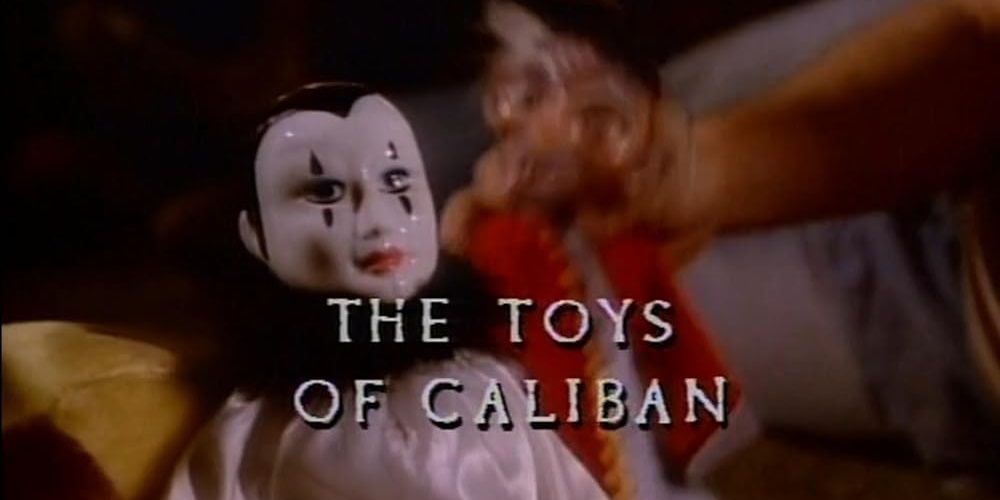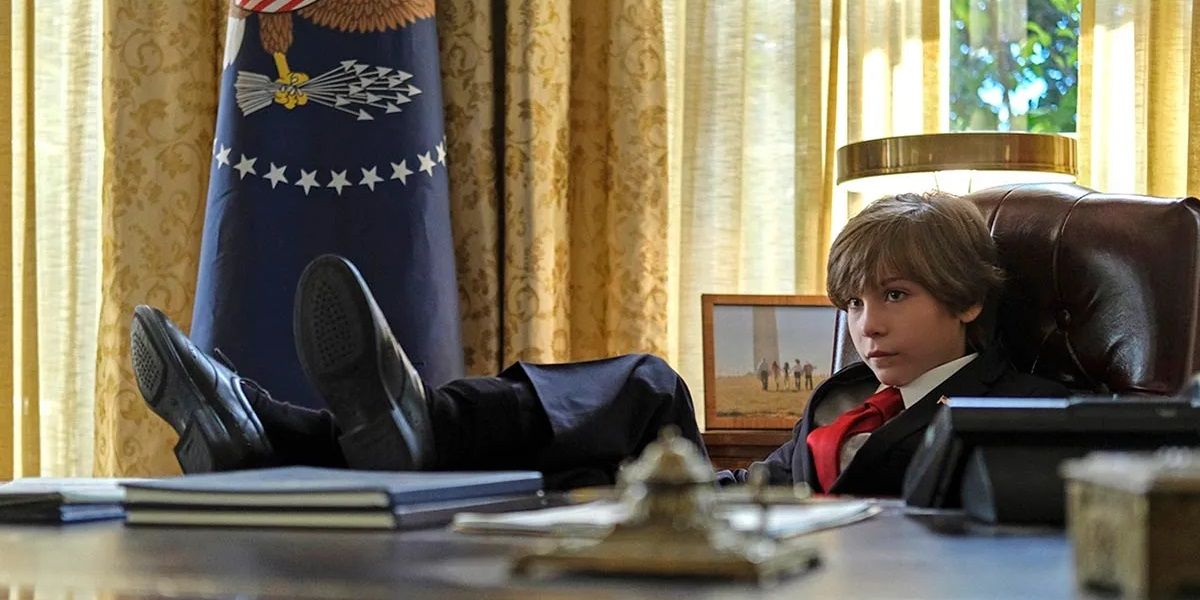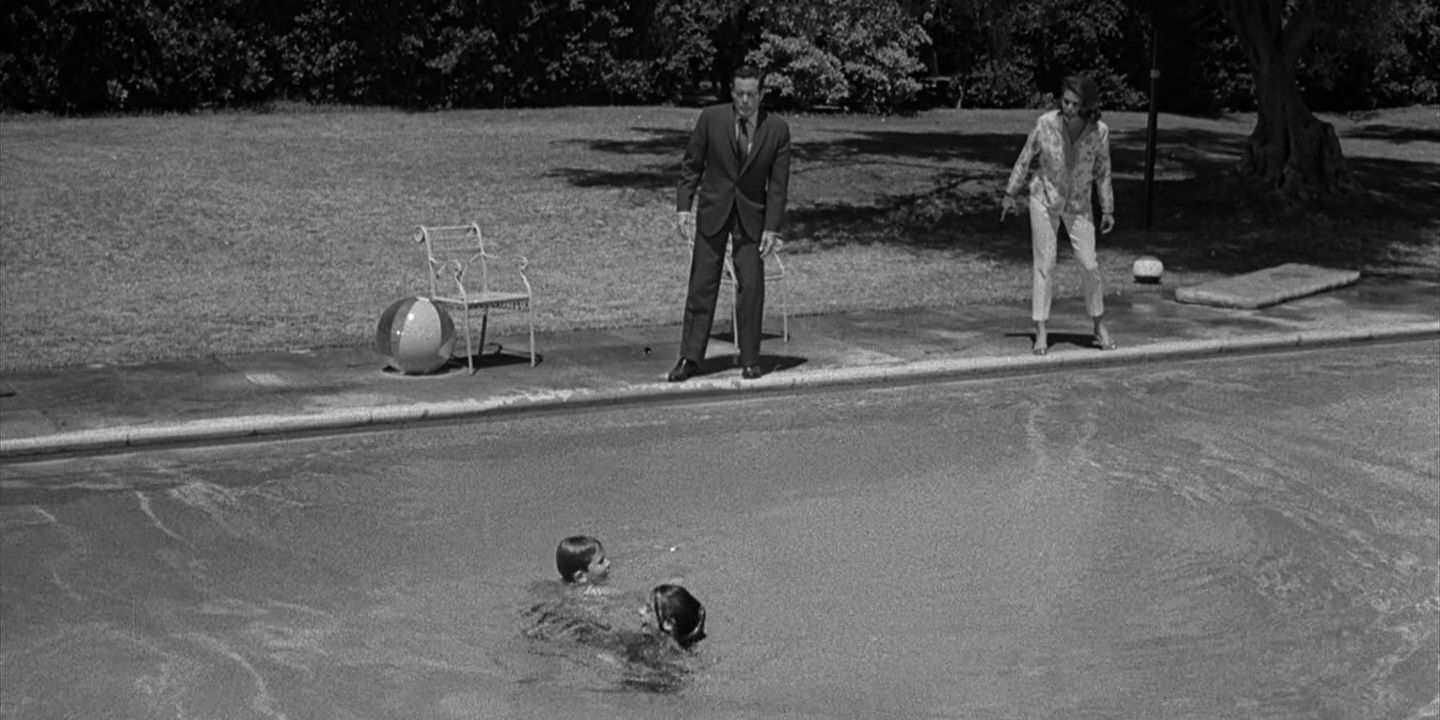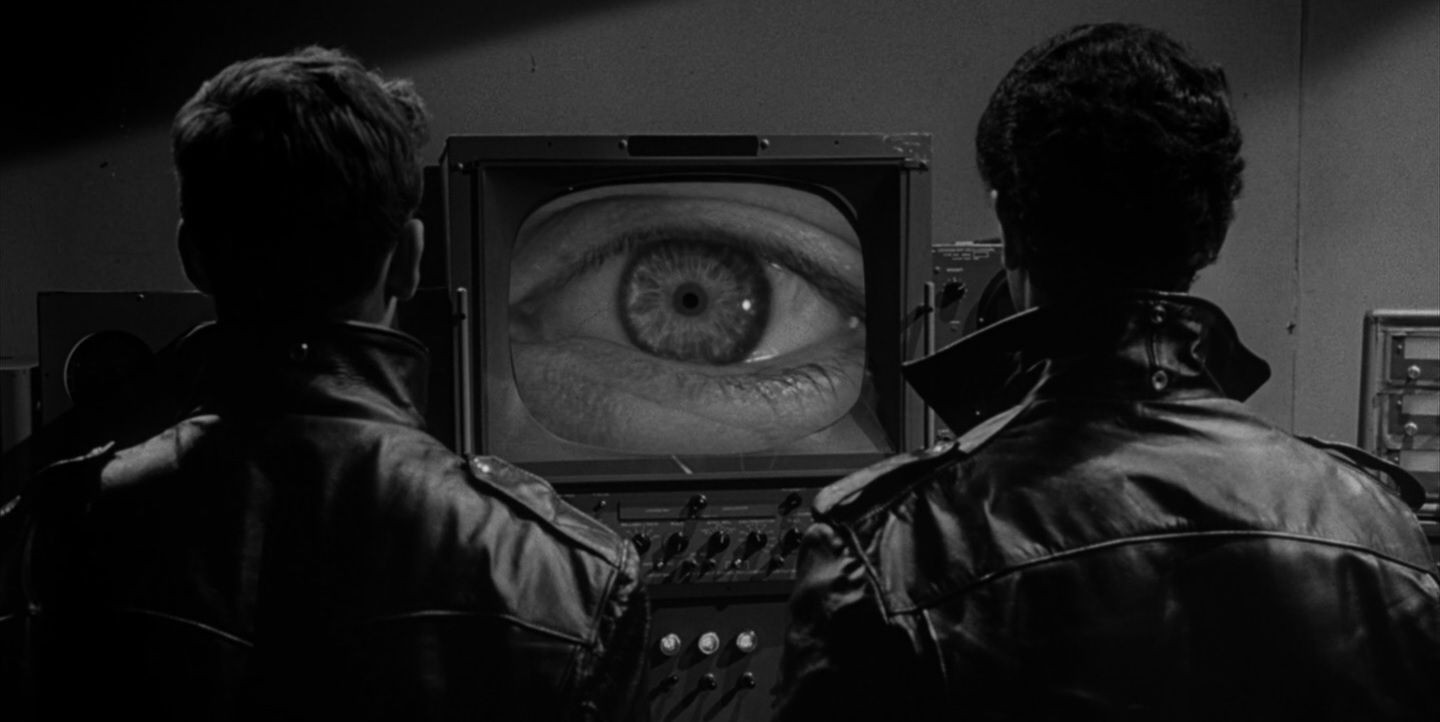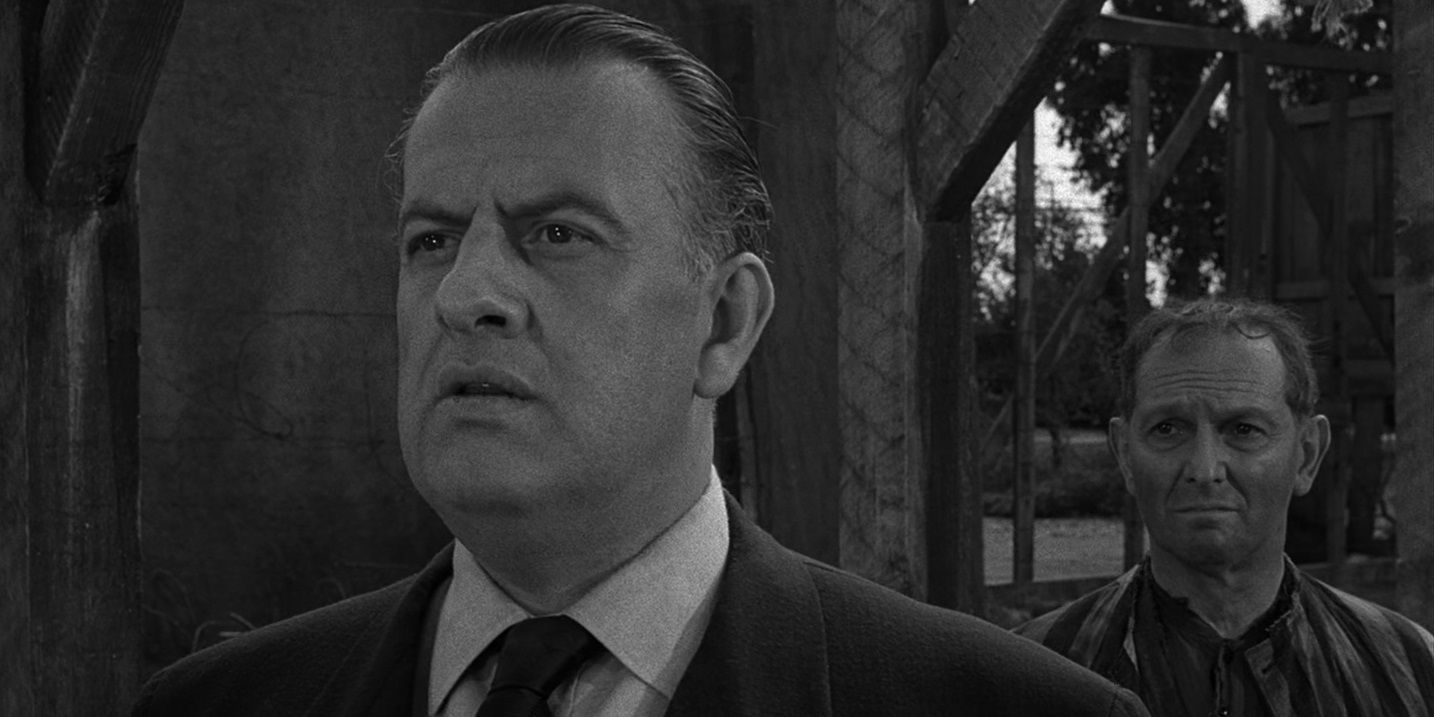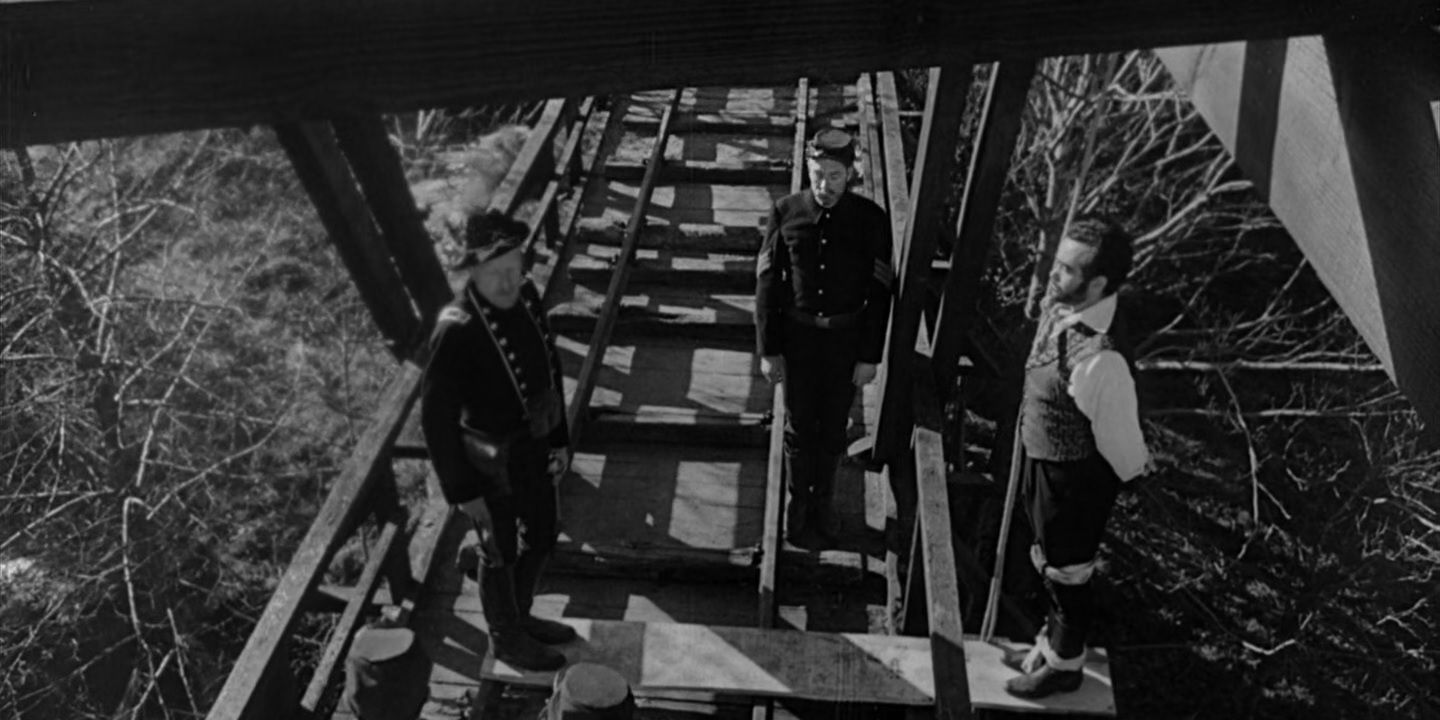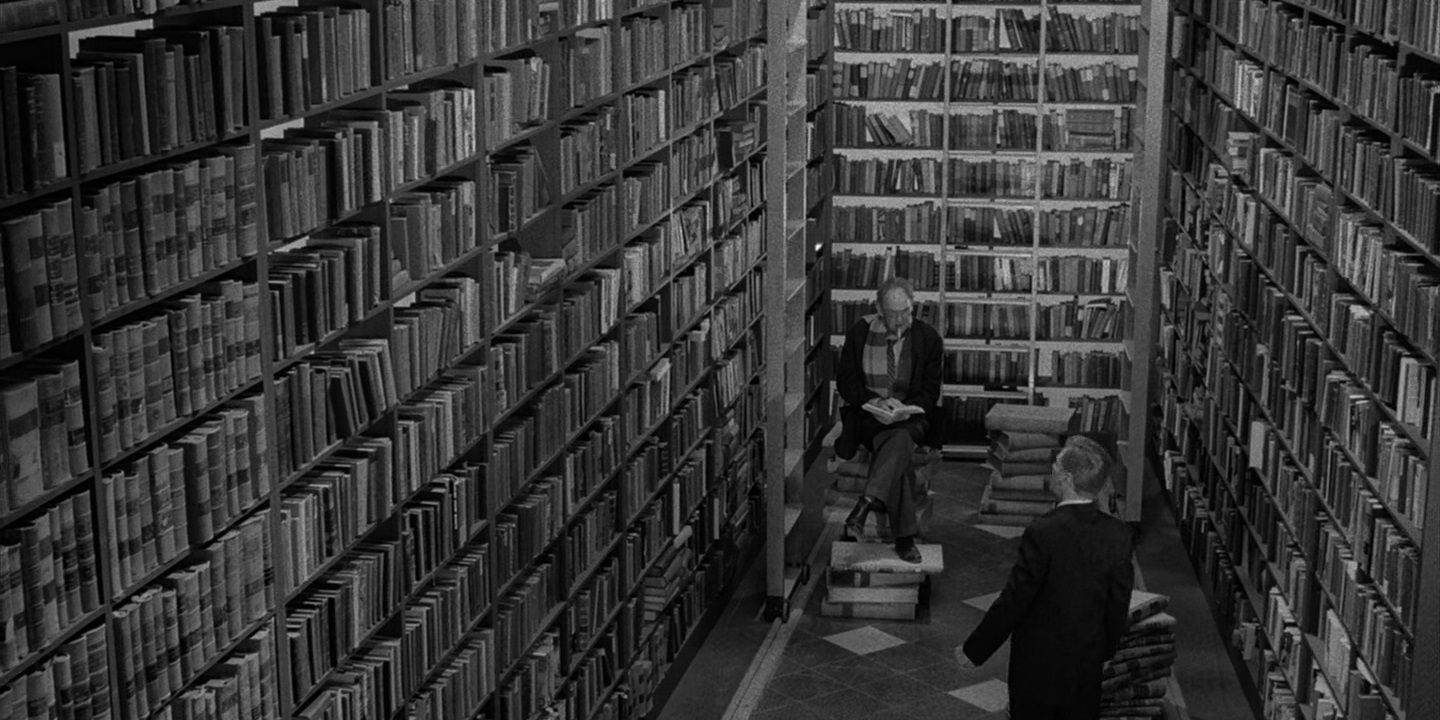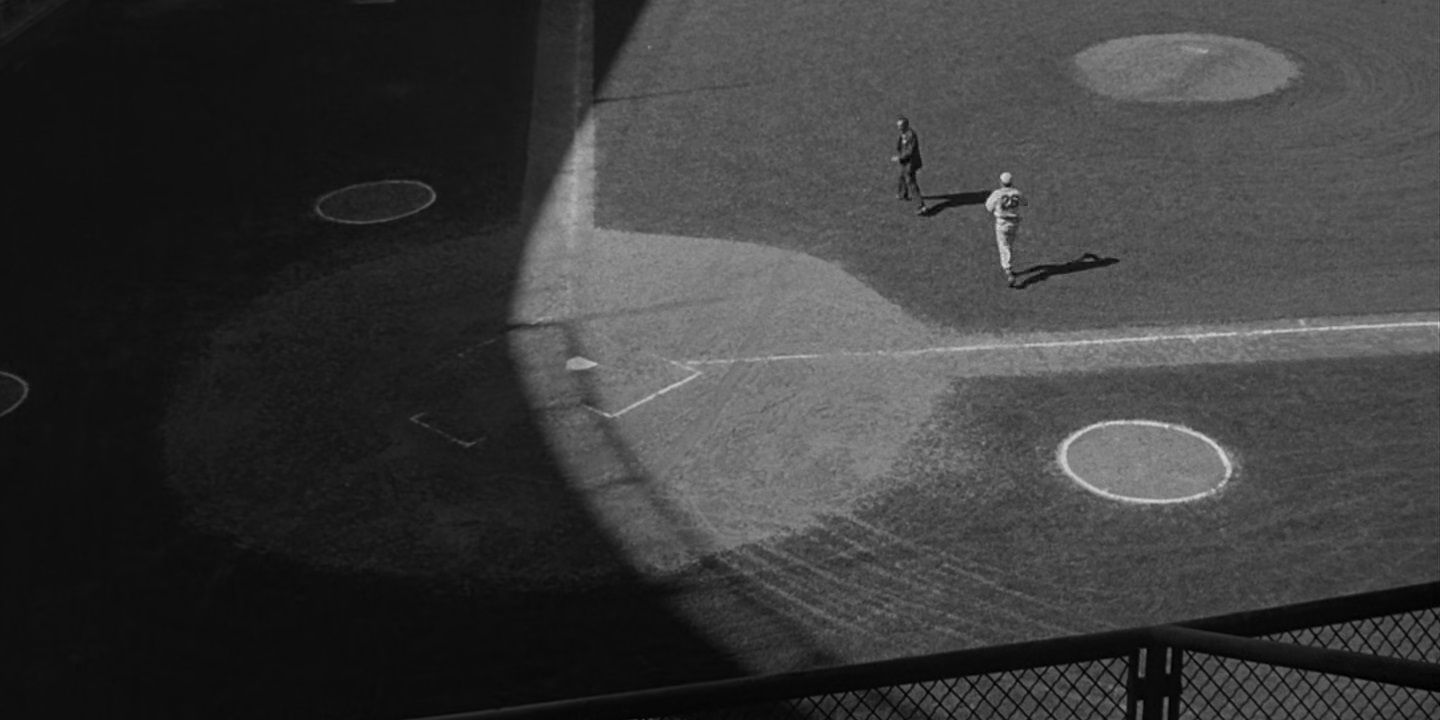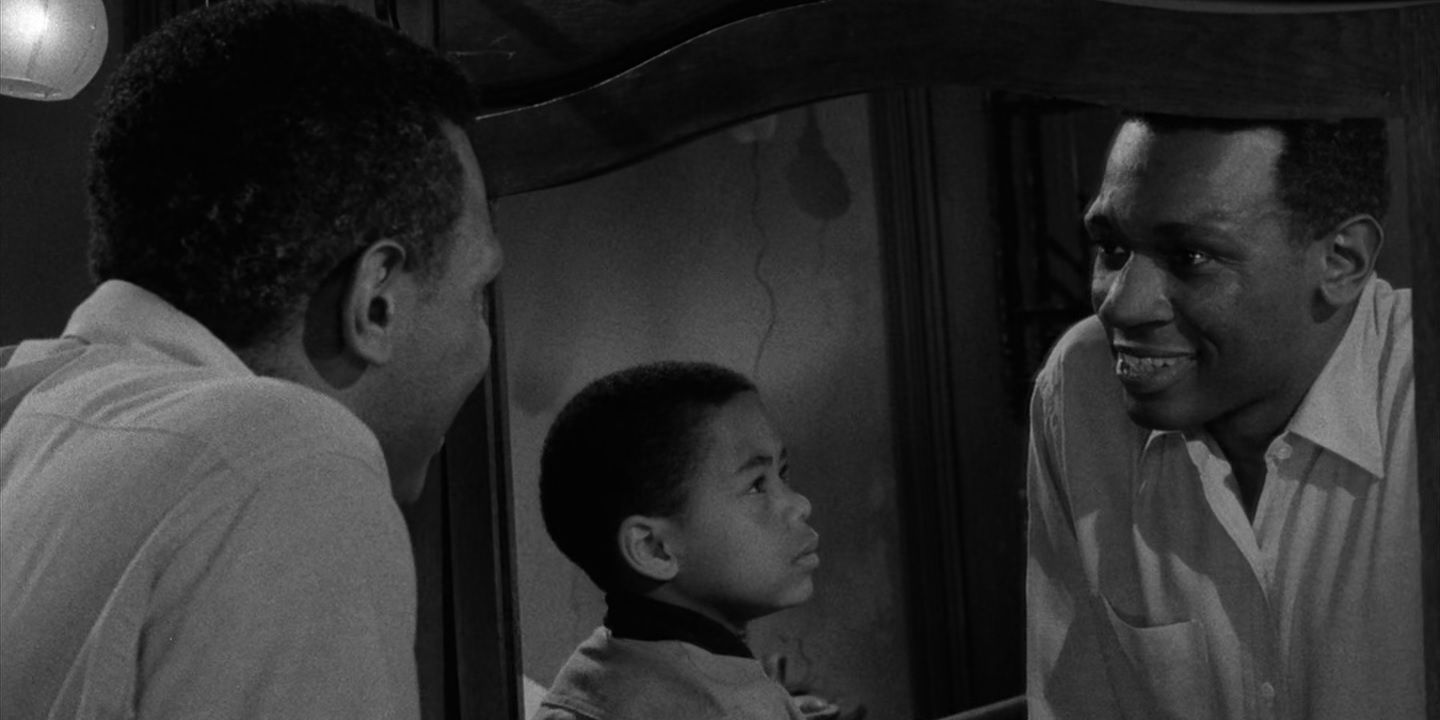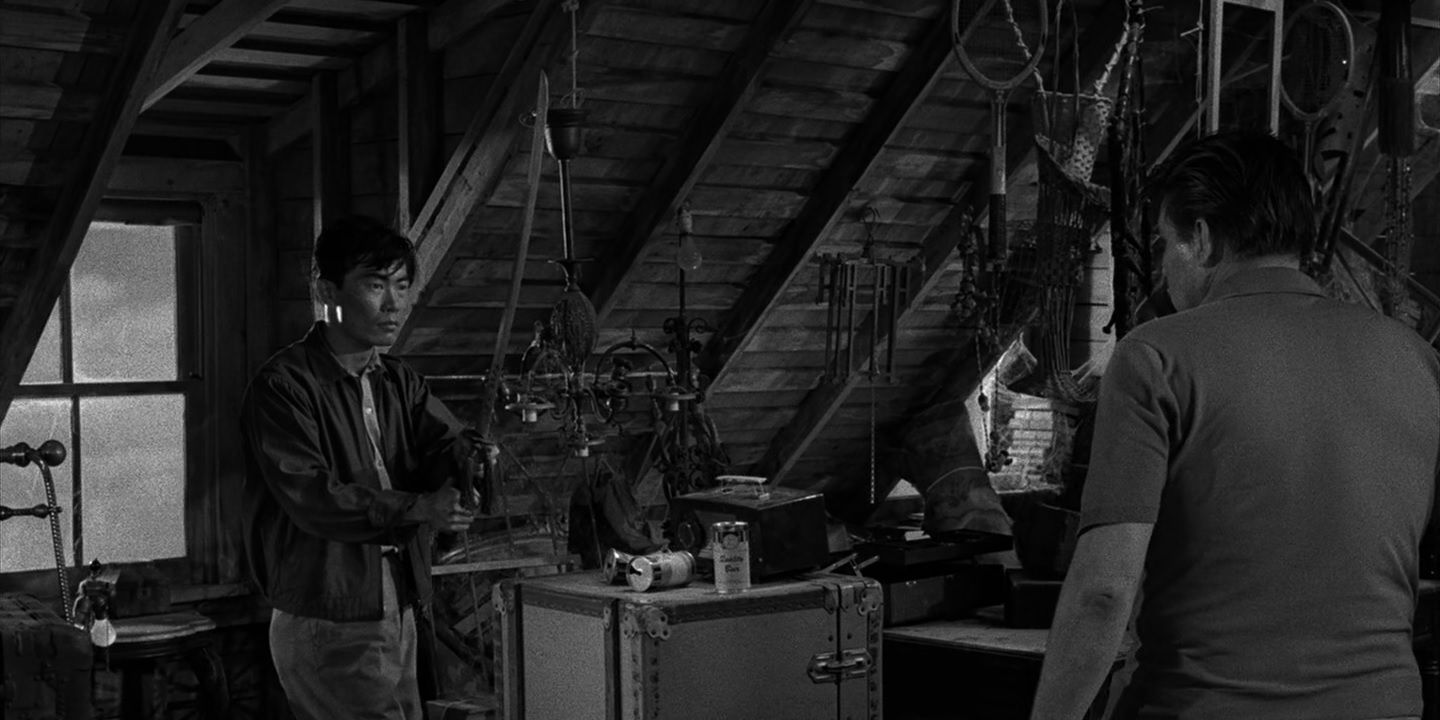Summary
- The Twilight Zone sidestepped censorship by addressing complex issues allegorically but still faced controversy over time in certain episodes.
- Some iconic episodes of The Twilight Zone did not age well due to problematic themes and language, causing discomfort for modern viewers.
- The Twilight Zone was known for progressive storytelling, but some episodes, like “The Encounter,” faced backlash for controversial content.
Towards the end of the 1950s, TV writer Rod Serling was growing increasingly frustrated with how the corporate sponsors of television dramas interfered in the production process, censoring themes that undermined the products they were trying to sell. His solution was to sidestep this restriction by making an anthology series that addressed complex issues in subtle, allegorical ways: The Twilight Zone.
Related
The Twilight Zone: Most Mind-Bending Episodes
Known for mystery and fright, The Twilight Zone harbors some truly mind-bending episodes in its legacy.
However, while this approach was successful in dodging the censorship imposed by advertisers, neither Serling’s initial series nor the franchise that it spawned has ever been completely free of contentious moments. From tragic behind-the-scenes events to problematic storylines, The Twilight Zone has been no stranger to controversy.
Updated February 1, 2025 by Stephen LaGioia: Rod Serling’s dynamic and imaginative TV series has proven its staying power, remaining a top draw for horror, sci-fi, and drama fans alike. It’s no surprise, given the detail and creativity of the anthology show, which was ahead of its time. It helped pave the way for several horror, sci-fi, fantasy, and otherwise ethereal-themed TV shows — many of which thrive today. Still, many find themselves returning to these distinct stories of human morality and mind-bending concepts from Serling. With this enticing boundary-pushing comes some inevitable controversy, though, for one reason or another. And as there are a few of these episodes yet untouched here, we decided to add to this list.
11
The Toys of Caliban
Problematic Language Is Used To Describe The Disabled
- (1986) Season 2, Episode 5
Long before Game of Thrones made George R.R. Martin a household name, several of the writer’s scripts were used in the first television reboot of The Twilight Zone. “The Toys of Caliban” is one such script. However, despite some memorably spooky scenes and a tragic ending, certain aspects of the episode have not aged well.
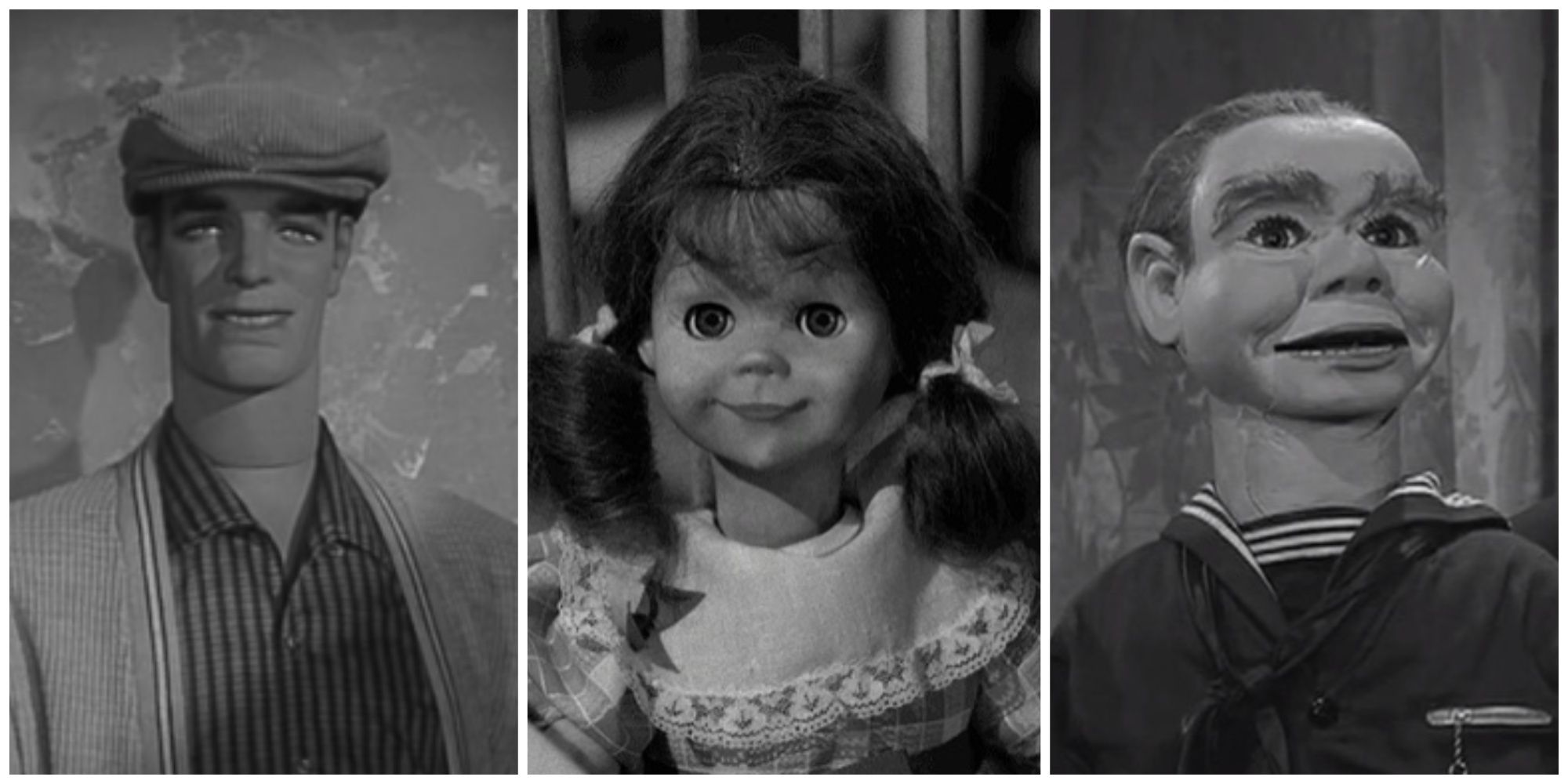
Related
12 Scariest Twilight Zone Episodes, Ranked
Throughout its history, The Twilight Zone has delivered many spine-tingling moments that fans still remember to this day.
The episode revolves around Toby, a mentally disabled teenager who has the power to physically manifest any object that he sees an image of, from donuts to body parts. Much of the language used to describe Toby in the episode is now widely considered to be problematic, which has somewhat dated an otherwise intriguing episode. Ultimately, any controversy around “The Toys of Caliban” is the result of real-world social progress rather than any ill intention on Martin’s part, but the episode nonetheless leaves some modern viewers feeling uncomfortable.
10
Time Out
An Actor & Two Child Actors Tragically Died In A Helicopter Crash During Filming
- Twilight Zone: The Movie (1983)
As a segment of 1983’s Twilight Zone: The Movie rather than an episode of any TV iteration, “Time Out” is something of a (dis)honorable mention, but its troubled production represents a controversial moment not only in terms of The Twilight Zone but in the film-making world as a whole. The segment, which serves as a loose adaptation of 1961’s “Back There”, stars Vic Morrow as a bigoted man who is given a taste of his own medicine.
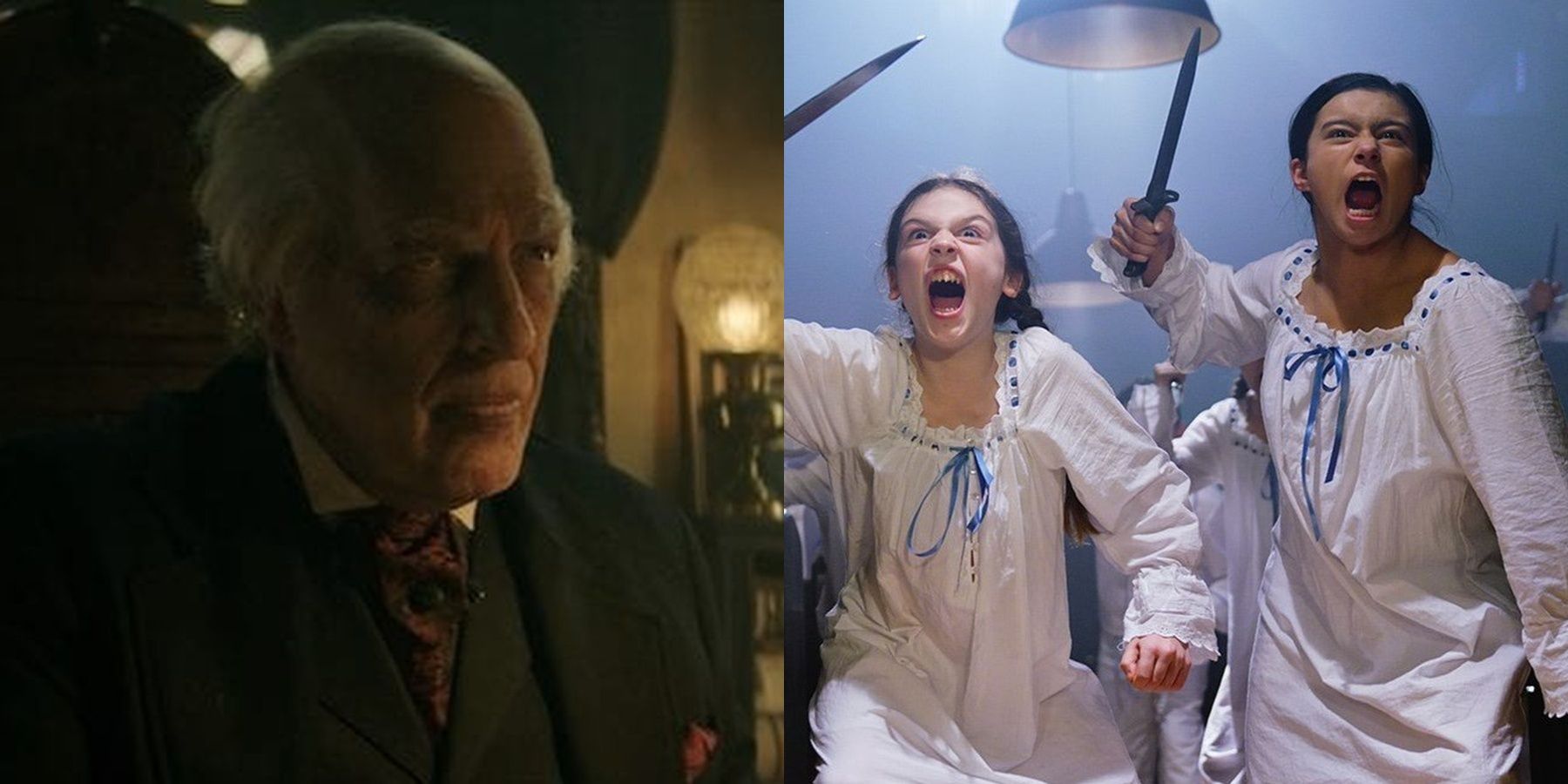
Related
5 Horror Anthology Movies That Are Actually Good
Anthology movies can be a mixed bag, but these films are able to keep their momentum up through multiple scary tales.
Tragically, Morrow and two child actors who had been hired illegally were killed when a helicopter crashed during filming. While the accident did lead to the implementation of better safety laws in Hollywood to prevent future tragedies, it generated an understandable amount of controversy, with lawsuits continuing for many years.
9
The Wunderkind
A Clunky Satire Of Modern American Politics
- Season 1, Episode 5 (2019)
Science fiction and fantasy stories have great potential to satirize the wilder parts of contemporary life, but good satire requires a degree of subtlety that 2019’s “The Wunderkind” sorely lacks. Produced in response to Donald Trump’s presidency, the episode imagines a scenario in which a petulant child is elected to run the United States of America. The Twilight Zone is capable of writing great stories about power-crazed children (such as 1961’s “It’s a Good Life”), but many viewers found this more recent effort to be just a little too on the nose.
Viewers from across the political spectrum were disappointed at the installment, with even those who agreed with its satirical angle finding it clunky. Nor was the resulting controversy enough to draw viewers en masse to Jordan Peele’s take on The Twilight Zone; the CBS All Access series was quietly canned after two seasons and is currently unavailable on Paramount+.
8
The Bewitchin’ Pool
- (1964) Season 5, Episode 36
The initial iteration of The Twilight Zone is still remembered for iconic episodes like “Time Enough at Last” and “The After Hours”, and part of the reason for its enduring success is the remarkable consistency demonstrated throughout the show’s five seasons. It’s unfortunate, then, that the show’s final episode, “The Bewitchin’ Pool”, fails to stick the landing. Nominally a story about the impact of divorce on children, the episode is plagued by reused footage, poor dubbing, and a dangerously thin plot.
The result is a confusing mess that fails to honor the legacy of the groundbreaking show that it serves to conclude. “The Bewitchin’ Pool” is not only a weak episode of The Twilight Zone; the fact that it forces the original series to end with a whimper rather than a bang makes it one of the most controversial in the anthology show’s canon.
7
Black Leather Jackets
Aliens And Leather Apparently Go Together
- (1964) Season 5, Episode 18
While not exactly controversial in the topical, sociopolitical, or risque sense, “Black Leather Jackets” from Twilight Zone‘s final season was met with mixed reception, to say the least. Many regard this tale as a bit silly and simple, as it revolves around a few young leather-wearing bikers plotting to eliminate humankind. This plan is slowed upon one of them falling in love with a girl.
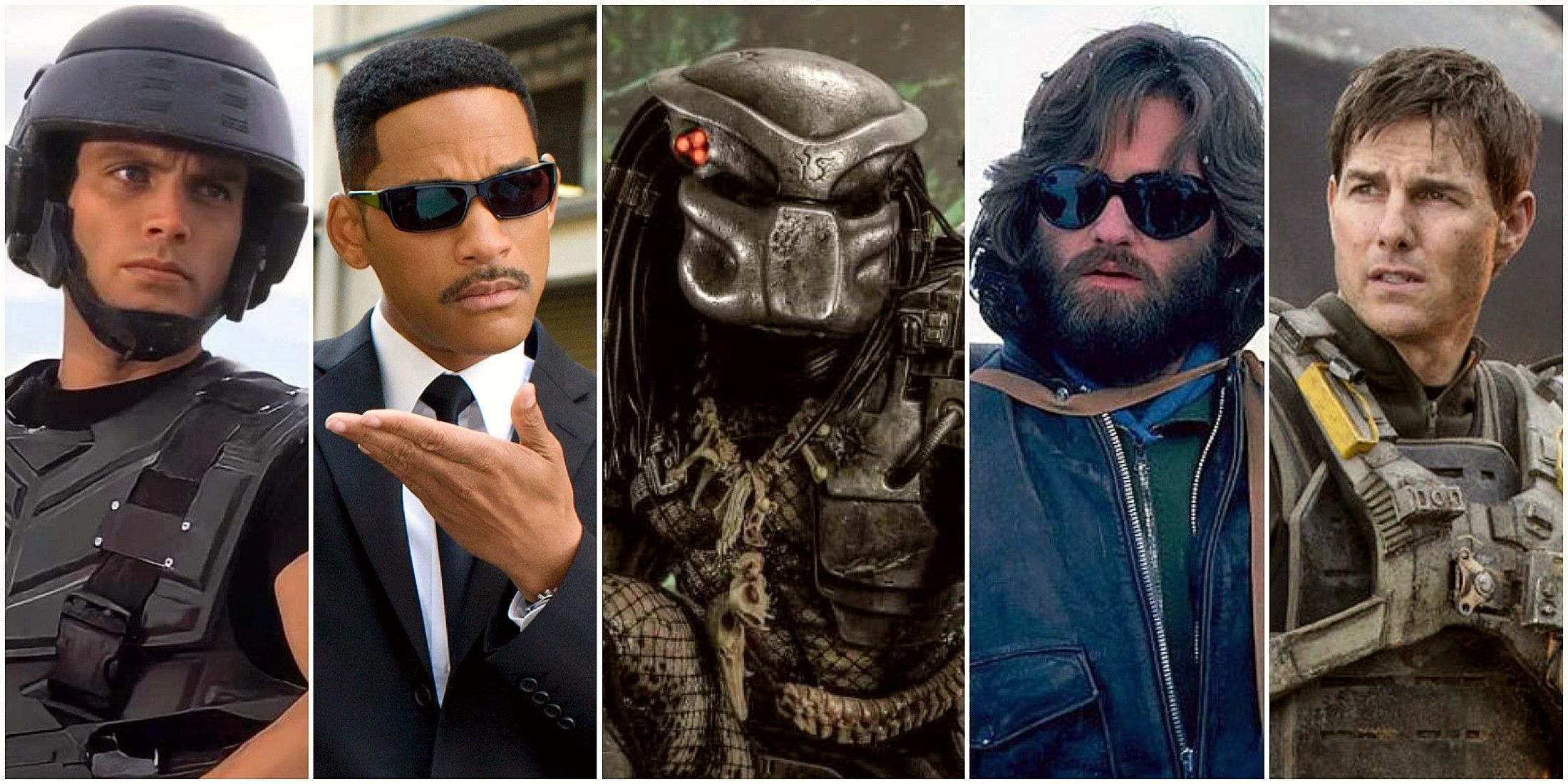
Related
10 Best Sci-Fi Movies About Hunting Aliens, Ranked
The definitive list of alien-hunting films for anyone seeking a thrilling sci-fi movie packed with action, horror, and fascinating alien lifeforms.
The kicker? These men happen to be aliens. Between the corny, stock premise involving evil aliens, and the lack of compelling moments — this is largely considered a rare dud from Serling. It does have a fairly heartfelt moment at its conclusion, but the journey to get to the particular message it sends isn’t quite worth it.
6
Death’s Head Revisited
A Dark Tale That Delves Head-On Into a Touchy Subject
- (1961) Season 3, Episode 9
There are plenty of darker, more intense episodes of The Twilight Zone, and in fact, that’s part of the series’ allure. Yet, “Death’s-Head Revisited” takes things to another level, honing in on the highly tragic crimes against humanity that was the Holocaust. The episode features an SS soldier revisiting a concentration camp, and finding the ghost of a tortured and killed prisoner.
What follows is a gripping (and satisfying) tale of retribution delivered by inmate Alfred Becker, joined by a dozen other deceased victims of the Nazi commander’s cruelty — as they put the man on trial. While justice is served, and the ending certainly pays off, the subject matter at large is touchy and sensitive, to say the least.
5
An Occurrence At Owl Creek Bridge
An Intense Look At A Prisoner Of War’s Escape — That’s Actually A Short Film
- (1964) Season 5, Episode 22
This is a unique example of a controversial piece, as its mere existence as a Twilight Zone episode is its main source of controversy — though honing in on a Confederate protagonist for its entire run is rather dicey, too. It’s also — put simply — a fairly bleak plot, with little redemption or food for thought.
In fact, “An Occurrence At Owl Creek Bridge” is actually a French short film from 1961, which Serling appropriates and works in as a Twilight Zone episode in its original form. The shift in style stands out, as the episode follows a prisoner — evading near-hanging from Union troops — in a wild escape that comes off like a fever dream.
There’s very little dialogue, with the increasingly surreal visuals and sound doing most of the storytelling. Still, it does have a tinge of that classic Twilight Zone vibe, between its jaw-dropping twist ending and generally trippy feel.
4
The Chaser
A Non-Consensual Relationship Played For Laughs
- (1960) Season 1, Episode 31
Comedy is not only subjective but linked to prevailing social attitudes. The sentiment that “you couldn’t get away with writing this today” is common, but it may well be true in the case of “The Chaser”, in which a man (George Grizzard) uses a suspicious potion in order to trick a beautiful woman (Patricia Barry) into falling in love with him. This story is played for laughs, only to culminate in Grizzard’s character plotting to murder the woman of his dreams after she becomes annoyingly clingy.
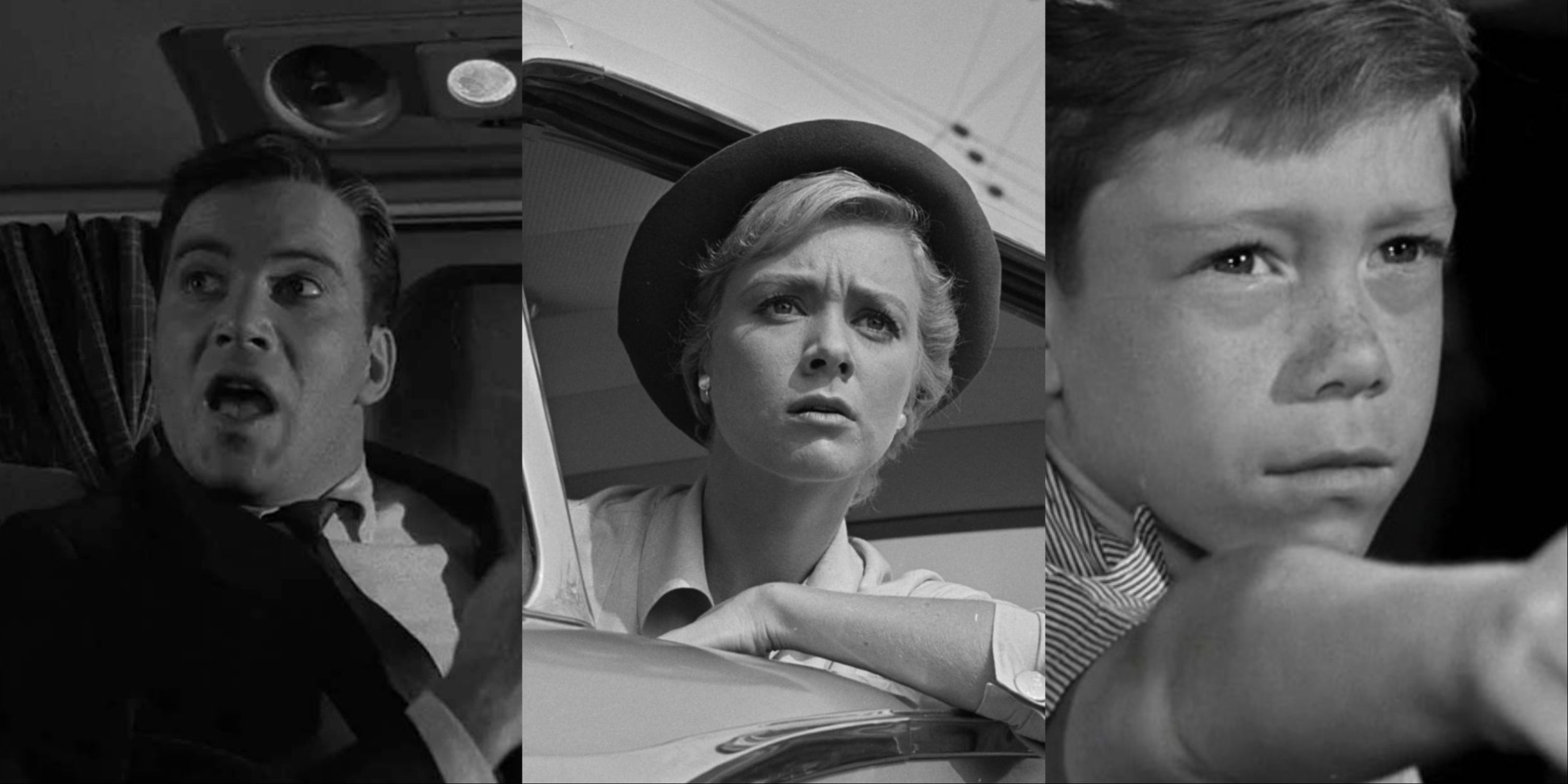
Related
7 Best Twilight Zone Actors
The Twilight Zone has seen many distinct and memorable actor performances in its rich history. These are the best of the best.
On its initial broadcast, “The Chaser” was a frivolous romantic comedy (albeit amusing at times) that boasted some impressive sets and some good performances. However, the passage of time has not been kind to the episode, as contemporary concerns about equitable relationships mean that Robert Presnell Jr.’s script comes off less like a comedy and more like a horror movie. Time, like love, makes fools of us all.
3
The Mighty Casey
A Behind The Scenes Tragedy Plagues This Episode’s Production
- (1960) Season 1, Episode 35
As one of The Twilight Zone‘s more humorous episodes, it may seem surprising that the otherwise innocuous “The Mighty Casey” could generate any significant controversy. However, while the lighthearted tale of a robotic baseball player was all smiles in front of the camera, the situation behind the scenes was a different story.
McGarry, the owner of the baseball team, is played by Jack Warden in the broadcast episode, but this was not always the plan. Originally, the episode was shot with Paul Douglas playing McGarry. However, when Douglas passed away shortly after filming wrapped, Serling realized that he had captured the symptoms that would lead to Douglas’ death on film. An uncomfortable Serling paid to have much of the episode reshot, and very little footage of Douglas made the final cut.
2
The Big Tall Wish
An All-Black Cast In The 1960s Was Controversial During The Civil Rights Movement
- (1960) Season 1, Episode 27
Some episodes of The Twilight Zone are controversial because changing societal attitudes have moved beyond negative tropes or behaviors, as in the case of episodes like “The Chaser”. However, other episodes were controversial because of their relatively progressive stances when they were initially broadcast. While an otherwise unremarkable episode from the anthology series’ memorable first season, “The Big Tall Wish” is notable for its genuinely groundbreaking casting.
An all-black main cast for an episode may seem unremarkable in the 2020s, but such a casting decision was a controversial one during America’s Civil Rights Movement. However, as Serling himself pointed out, the most important thing is to cast talented actors, regardless of their skin color. “The Big Tall Wish” demonstrates that controversy can, in fact, be a positive thing, and shows the strides that society has made over the last six and a half decades.
1
The Encounter
A Pulled Episode, Due To The Sensitive Nature Of Pearl Harbor
- (1964) Season 5, Episode 31
The initial iteration of The Twilight Zone was relatively progressive for the era in which it was produced, featuring innovative stories that were genuinely ahead of their time. However, not every episode has aged as well as these trendsetters. Season 5’s “The Encounter” generated enough controversy to be excluded from syndicated reruns of the series in the United States for decades after its original broadcast.
The titular encounter between a World War 2 veteran (Neville Brand) and a young Japanese-American (a pre-Star Trek George Takei) exposes each man’s prejudice towards the other, but it is the revelation that the traitorous father of Takei’s character was complicit in the attack on Pearl Harbor that earned the episode its black mark. The airing of this historical conspiracy theory resulted in an understandable push-back from Japanese-American viewers, making “The Encounter” the only episode of The Twilight Zone to be pulled for content reasons.

